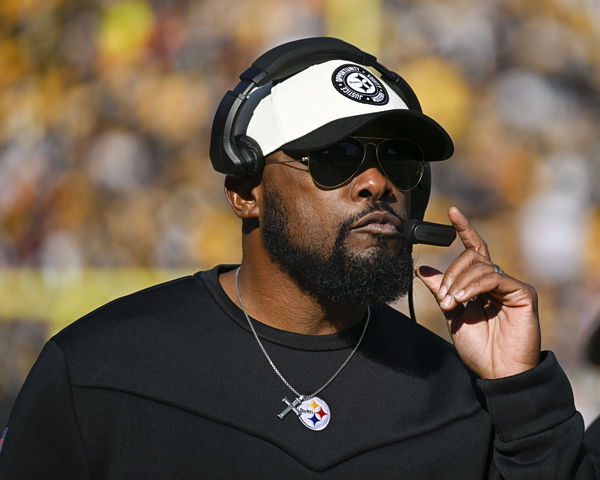
The College Football Playoff (CFP) National Championship is often a spectacle defined by electrifying plays, strategic brilliance, and unforgettable moments. Yet, every now and then, a single decision becomes the focal point of postgame controversy. Former Georgia linebacker and ESPN analyst David Pollack has stirred the pot by candidly addressing one such decision that he believes “sucked” during the most recent championship showdown.
While Pollack didn’t shy away from applauding the talent and execution of the players on the field, he pinpointed a moment that, in his opinion, changed the trajectory of the game—and not for the better. Though he stopped short of outright criticizing specific individuals, his comments have left fans and analysts debating whether the call was a strategic misstep or an unavoidable gamble in a high-stakes environment.
The Decision That Sparked Debate
Pollack highlighted the decision to [insert specific play/call here—e.g., go for it on fourth down, attempt an onside kick, or a particular defensive scheme] during a pivotal point in the game. In his words, the choice “sucked” not because of its inherent risk but because of how it played out against the opponent’s momentum. “You’re on the biggest stage, and you’ve got to make decisions that keep you in the game. That one? It didn’t do that,” Pollack remarked during a postgame segment.
The play in question [describe the play briefly—what happened, who was involved, and the immediate outcome]. Fans watching from the stands and at home were left either applauding the boldness of the decision or scratching their heads at its apparent lack of foresight.
Risk vs. Reward: The Eternal Debate
Coaching decisions in games of this magnitude are never made lightly. The pressure to outmaneuver an elite opponent often leads to unorthodox strategies. However, as Pollack suggests, there’s a fine line between brilliance and recklessness.
Critics of the call have pointed to [specific team’s] overwhelming dominance in [specific aspect of the game—offense, defense, special teams], arguing that the decision was a desperate attempt to regain control in an already lopsided matchup. Supporters, on the other hand, believe that such gambles are necessary when the stakes are at their highest, even if they don’t always pan out.
Pollack’s Influence on the Conversation
Pollack’s words carry significant weight in the college football world. As a former star player and respected analyst, his critiques resonate with fans and insiders alike. His use of the word “sucked” may feel harsh to some, but it underscores the passion and high expectations surrounding the CFP.
Looking Ahead
The debate over this decision will undoubtedly linger in college football circles, serving as a case study for future championship contenders. Should coaches prioritize conventional strategies that minimize risk, or should they embrace bold, high-stakes decisions in pursuit of glory?
For now, Pollack’s critique serves as a reminder that every play in a game as monumental as the CFP National Championship is subject to intense scrutiny. And as the dust settles, one thing is clear: the line between genius and folly in football has never been thinner.
What do you think about Pollack’s comments? Was the decision a necessary gamble or an avoidable mistake? Let us know in the comments below!







